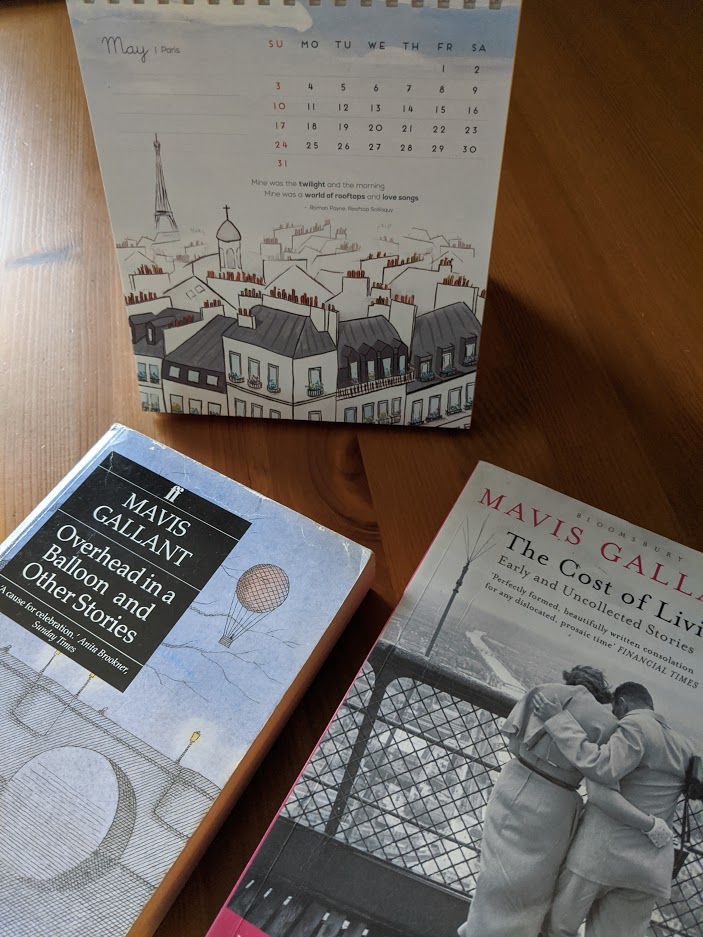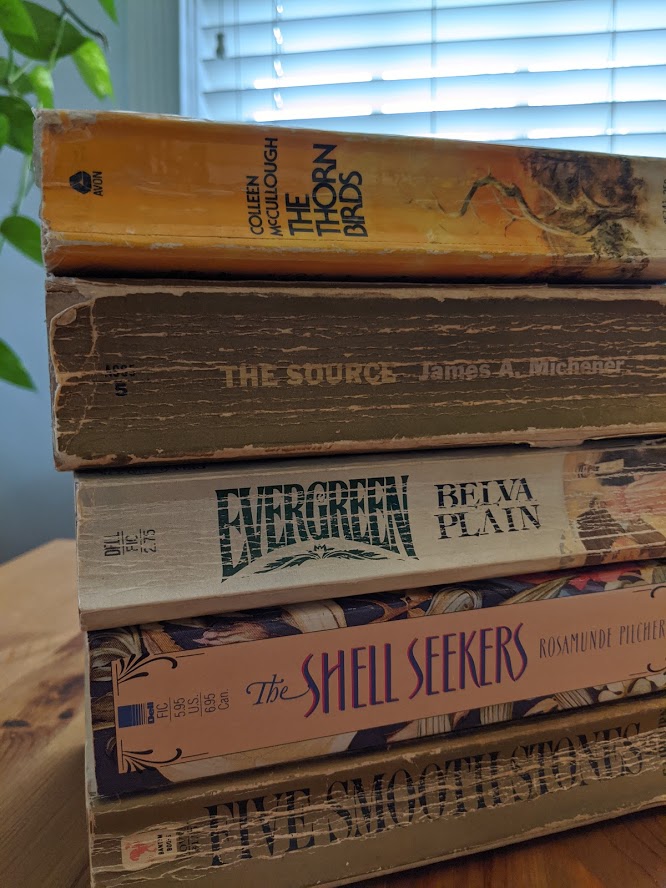Mavis Gallant’s “A State of Affairs”
Buried In Print2020-06-01T20:09:43-04:00If Forain was reading this story, the one which follows the story about him, in Mavis Gallant’s ninth collection, he would be so disappointed to hear that M. Wroblewski can’t find a thing to read in Paris. “There are no books worth reading—nothing but pornography and translated Western trash.”





